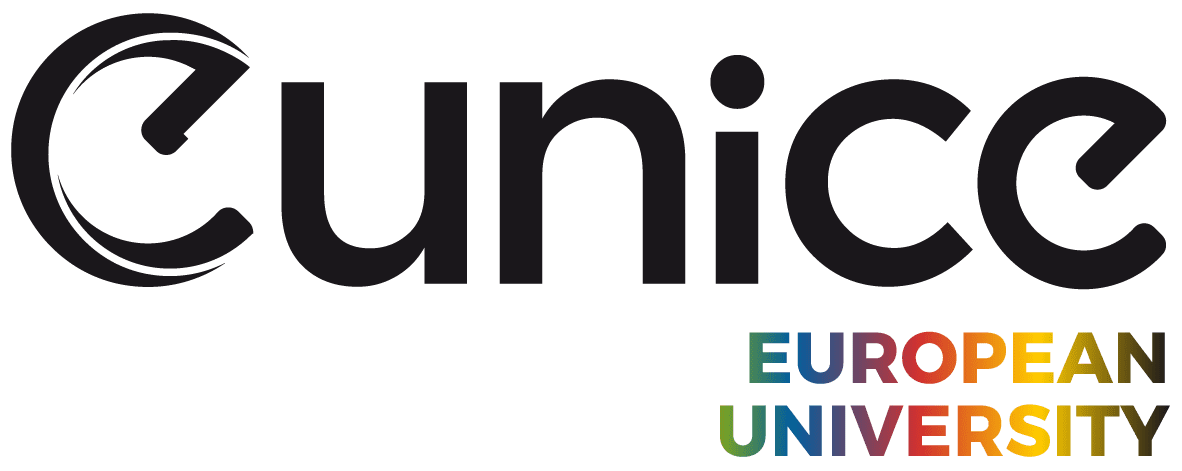The open course “Innovative Methods to Assess the Distribution of Marine Ecosystems” reviews the main characteristics of the different coastal ecosystems, explaining the concept of diversity and the different approaches to characterise the different species, as well as their spatial and temporal distribution.
It also introduces the ecosystem services paradigm; clarifies the concepts of their functions, services and benefits; and shows the different ways to classify and quantify them. In addition, students can learn the direct and indirect approaches to characterising the distribution of ecosystems. In this way, students acquire a broad understanding of the most innovative methodologies and tools available for determining the distribution and functions of coastal ecosystems.
This course is part of the micro-credential Sustainable Marine Ecosystems by the University of Cantabria comprised by four courses. These MOOCs have been developed under the coordination of IHCantabria, the Environmental Hydraulics Institute of the University of Cantabria, in the framework of TRASMARES Erasmus+ Project (Specialized Training on Applied tools for Sustainable Marine Ecosystems).



